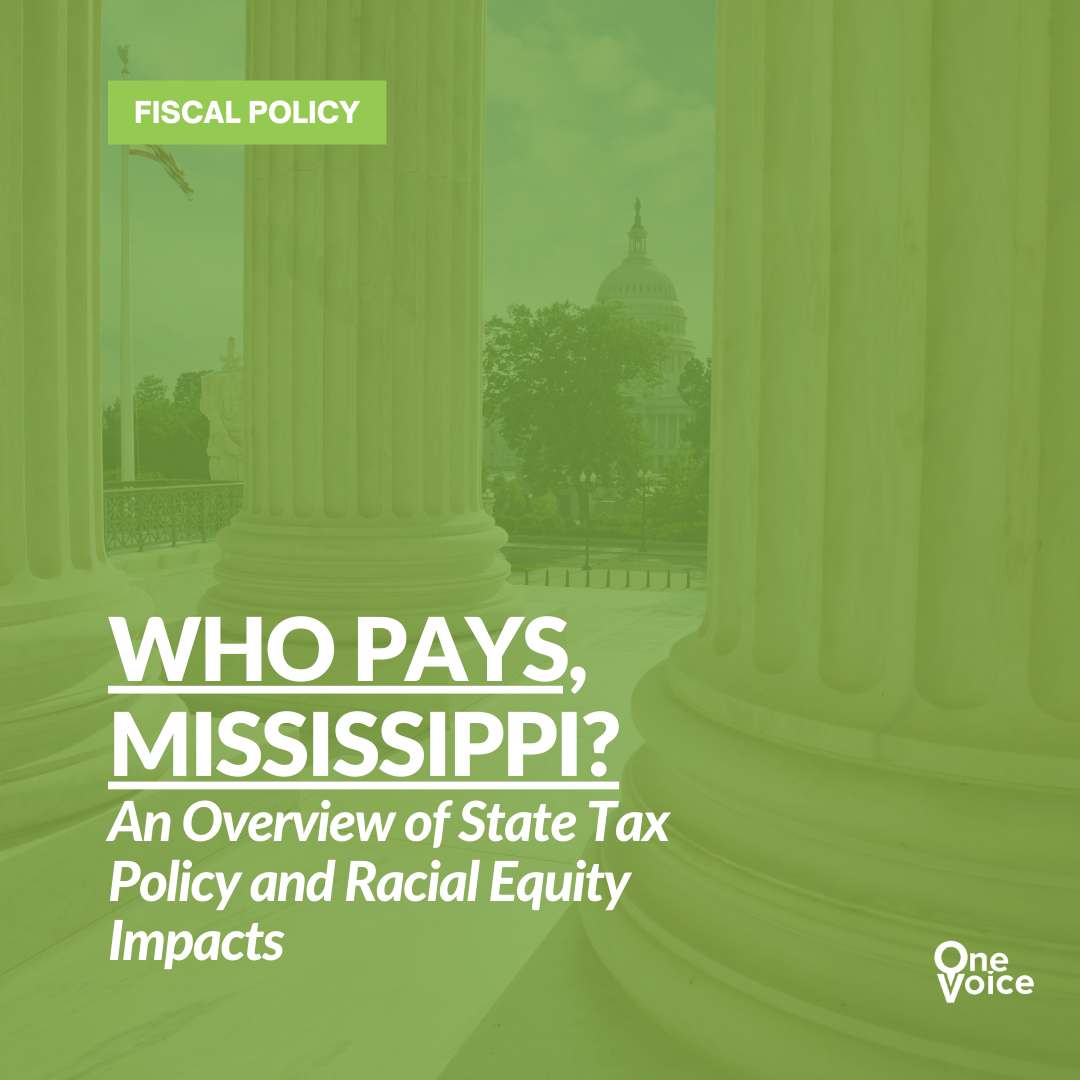Historic and current injustices, both in public policy and in society more broadly, have resulted in vast disparities in income across race and ethnicity in Mississippi. State and local tax codes are not the sole contributors to, nor will they be the sole solution to, racial economic inequities. However, the state’s tax system is playing an active role in worsening these disparities. Black and Hispanic families face the highest effective tax rates in the state while also having among the lowest average incomes. In the context of Mississippi’s overall regressive tax system, which asks the least of the state’s most affluent residents, these higher tax rates on communities of color are stripping them of both income and wealth, contributing to the state’s ongoing struggle with severe economic inequality.
Policymakers can generate more economic and racial equity with better decisions about state and local taxes. By enacting progressive income taxes with more brackets at the top, restoring estate or inheritance taxes, taxing earnings from wealth at least as much as earnings from work, and taxing wealth itself, policymakers can meaningfully address economic and racial inequality and create a more equitable Mississippi.
This report builds upon the Institute on Taxation and Economic Policy’s Who Pays?, 6th Edition report to help state lawmakers and the public understand how Mississippi’s current tax policies affect taxpayers at all income levels and across racial backgrounds. It also presents solutions that can narrow racial income and wealth gaps in the state.


Leave a Reply